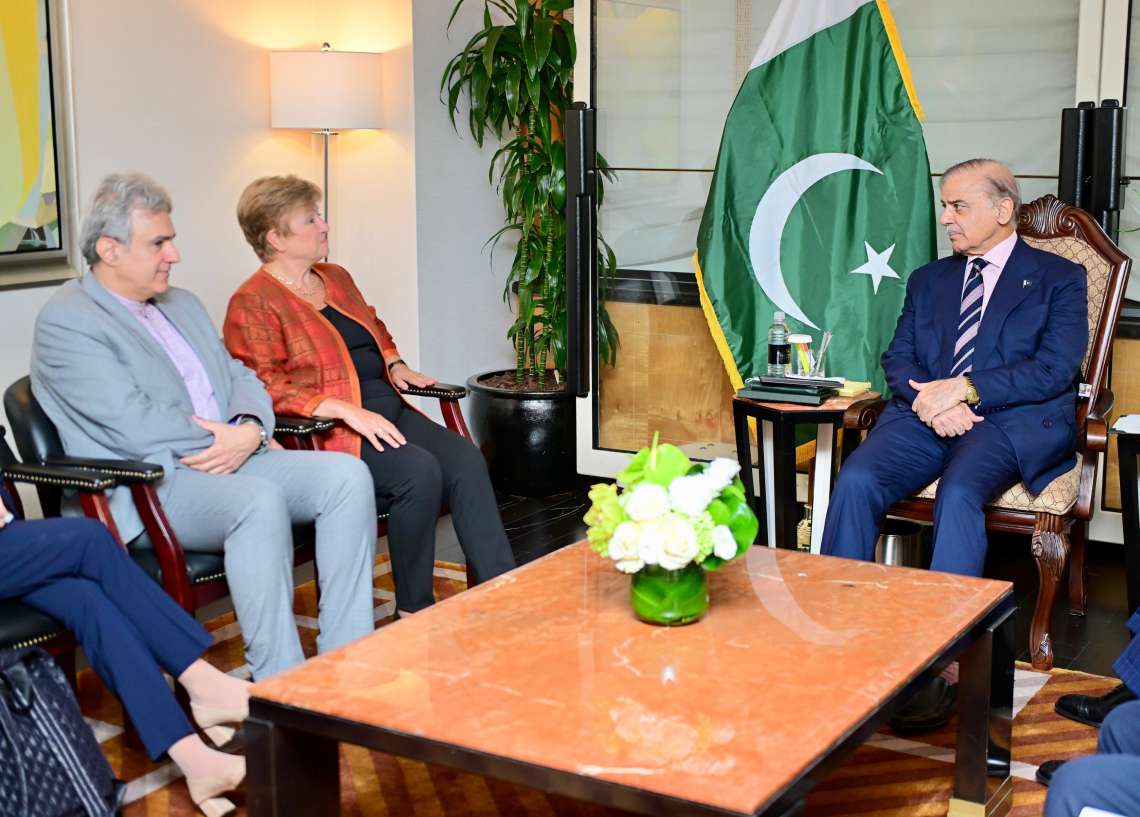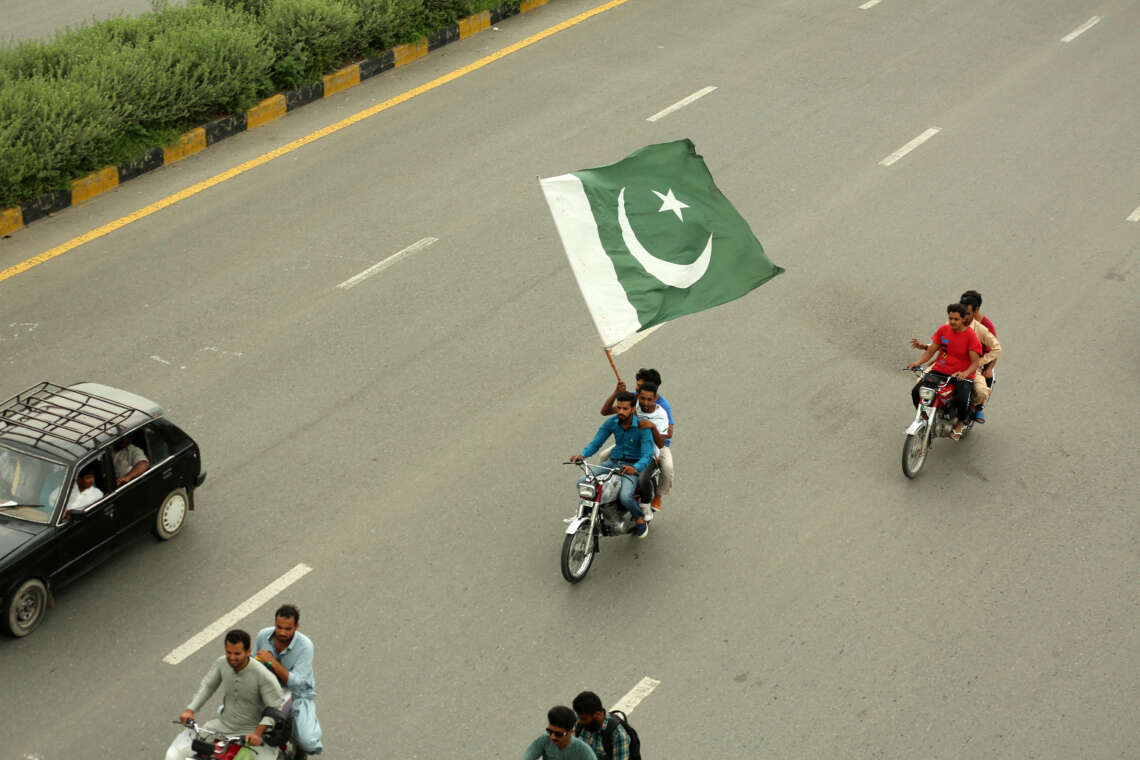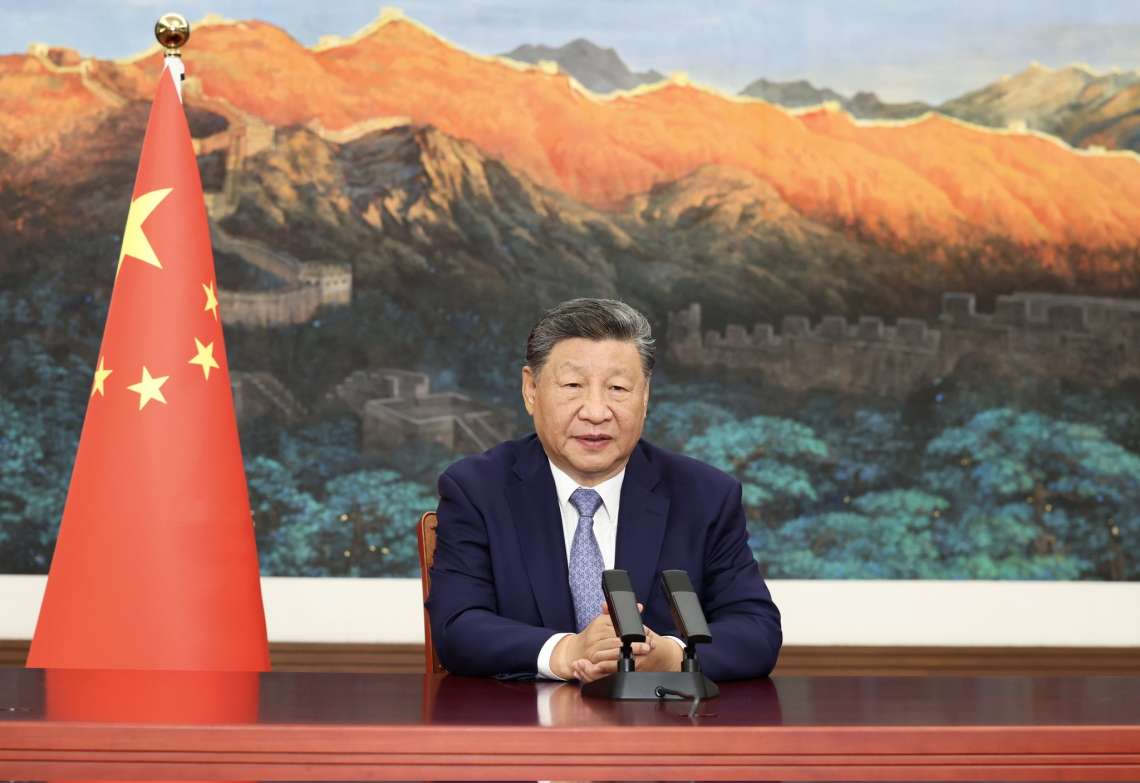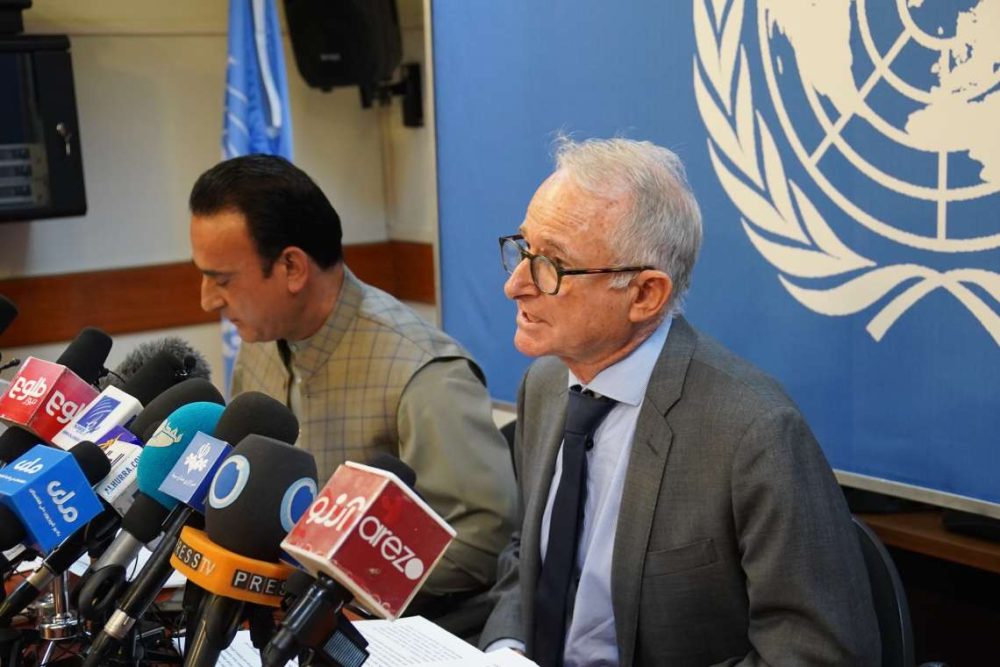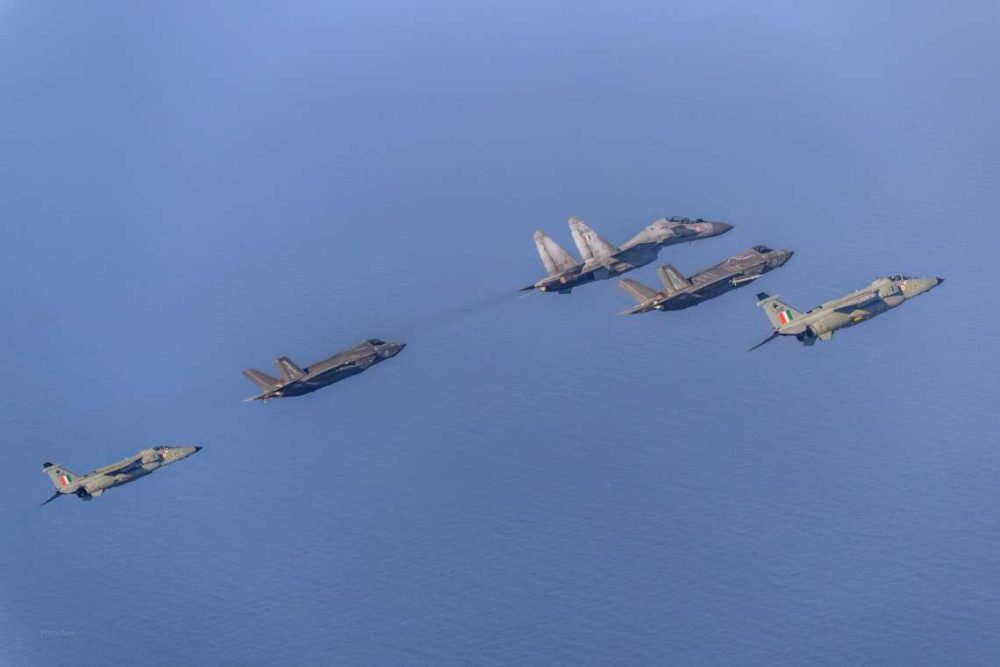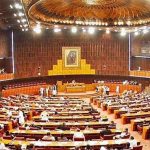PM Shehbaz Sharif urges IMF to factor Pakistan’s flood losses into economic review as agriculture reels, while securing World Bank backing and preparing for talks with Donald Trump….reports Asian Lite News
Pakistan Prime Minister Shehbaz Sharif has urged the International Monetary Fund (IMF) to take into account the devastating impact of recent floods on the country’s economy, even as Islamabad remains on course to meet its existing bailout programme targets.
Sharif raised the issue during a meeting with IMF Managing Director Kristalina Georgieva on the sidelines of the 80th United Nations General Assembly in New York. According to a report in Dawn, Pakistan is on track to meet all seven Quantitative Performance Criteria (QPC) ahead of the September 25 review of its $7 billion Extended Fund Facility (EFF), which was approved in May this year.
A statement released by the Press Information Department (PID) after the meeting said Sharif stressed that while Pakistan was making steady progress on its IMF programme commitments, the unprecedented floods must be factored into the Fund’s assessment. “The impact of the recent floods on Pakistan’s economy must be considered in the upcoming review,” the statement quoted the Prime Minister as saying.
The IMF chief expressed sympathy with Pakistan over the scale of destruction caused by the disaster. “She noted the importance of the damage assessment to underpin recovery priorities,” the PID release added. Georgieva also commended Sharif for pursuing what she called “sound macro-economic policies” and reiterated the IMF’s support for Pakistan’s reform agenda.
The floods, triggered by record monsoon rains since June, have inundated vast swathes of Punjab and Sindh. According to GEOGLAM, a global agricultural monitoring organisation, at least 220,000 hectares of rice fields were submerged between August and mid-September. Punjab’s disaster management authority reported that a staggering 1.8 million acres of farmland were affected, dealing a severe blow to agriculture and industry alike.
This natural calamity has cast a shadow over Pakistan’s earlier projections of 4.2 per cent growth in 2026, which the government had expected to achieve through a revival in farming and manufacturing under the IMF programme.
During the meeting, Sharif also acknowledged the IMF’s continued partnership with Pakistan, citing recent facilities including the $3 billion Stand By Arrangement in FY 2024, the $7 billion EFF, and the $1.4 billion Resilience and Sustainability Facility (RSF). He noted that structural reforms had begun to show positive results. “Today, with the institution of deep-rooted structural reforms, Pakistan’s economy is showing positive signs of stabilisation and is now moving towards recovery,” Sharif said, according to Dawn.
In addition to engaging with the IMF, Sharif also met World Bank Group President Ajay Banga. The PID said the Prime Minister praised Banga’s leadership and the World Bank’s support for Pakistan. Sharif briefed him on Islamabad’s reform programme, highlighting measures for resource mobilisation, energy sector restructuring, privatisation, and climate resilience.
He also welcomed the World Bank’s new Country Partnership Framework (CPF), which commits $40 billion for Pakistan, pledging to implement it effectively in coordination with provincial administrations. The statement quoted Sharif as saying the CPF would “steer Pakistan towards macroeconomic stabilisation, restore investor confidence and promote sustainable and inclusive economic growth.”
The World Bank President, in turn, reaffirmed the Bank’s readiness to back Pakistan’s reforms and long-term climate resilience efforts under the CPF. Both sides agreed to strengthen cooperation to advance Pakistan’s development priorities.
Meanwhile, Sharif’s trip to the US also carries a diplomatic dimension. After addressing the UN Climate Summit, he is expected to meet US President Donald Trump in Washington on Thursday for high-stakes bilateral talks at the Oval Office. According to the White House, the meeting follows an informal exchange earlier this week between Sharif, Trump, and other Islamic-Arab leaders.
At the UN, Sharif struck a cautious note on Pakistan’s debt burden, warning that piling up loans was not a sustainable solution to global challenges. His remarks came even as he sought to assure the world community of Pakistan’s efforts to reduce greenhouse gas emissions and build climate resilience.
As Islamabad juggles disaster recovery, fiscal stabilisation, and international diplomacy, Sharif’s appeal to the IMF underscores the urgent need to align economic reform with climate realities that threaten to derail progress.


